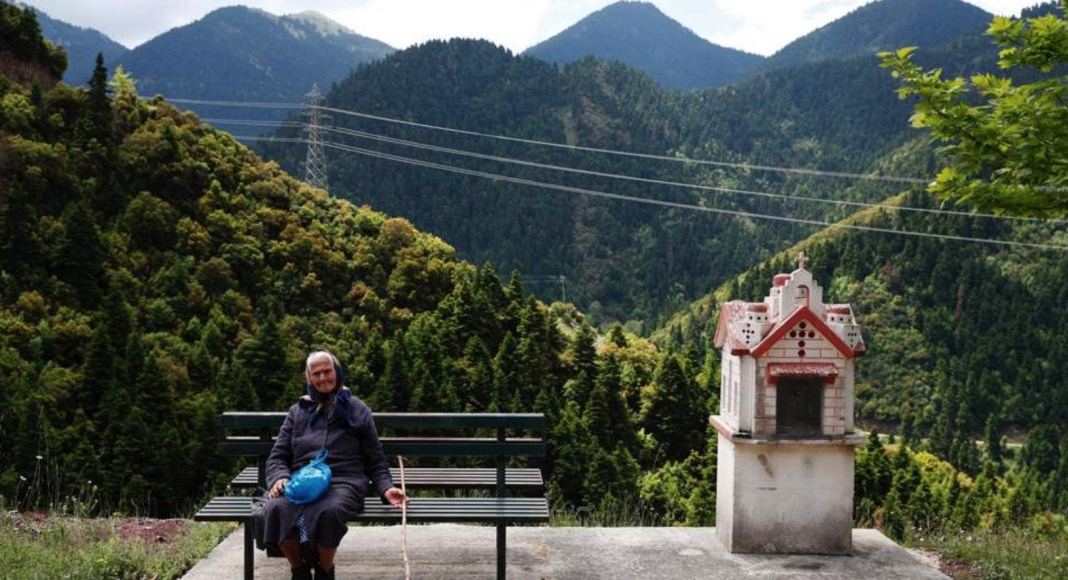Though the most common method of capturing history today is writing it down, the oldest is undeniably retelling it. Long before the popularisation of the study of history dawned at the turn of the 19th century, oral history was the only way for generations to pass on tales about wars and civilisations of the past – and often represented the only vehicle for cultural self-reflection.
Thanks to a new and ambitious initiative, oral history is re-emerging as a tool for modern Greek historiography.
Istorima is a newly established nonprofit organization dedicated to creating a vast archive of Greek oral histories. At the heart of the initiative lies a cross-generational dialogue: 1,500 young researchers under the age of 35 will receive training in oral history methodologies and will then travel across Greece gathering more than 50,000 oral recordings from the country’s elderly population – rescuing their stories from extinction. The recordings will then be curated and compiled in a large archive that will be made accessible to researchers as well as the general public.
The project’s scope is as vast as its potential historical value. Istorima estimates that it will take up to four years to complete the recordings and is currently on the lookout for new researchers who will be employed under temporary contracts. The first wave will soon travel to the Peloponnese to scout out stories in the area and record them. The region of Attica will come next, in March, and after that, gradually every region, city, village and islet of Greece will follow suit.
Istorima is the product of a collaboration network. It is being carried out thanks to a generous donation from the Stavros Niarchos Foundation, as part of its Youth and Empowerment Initiative. Its program design and methodology are being aided by the Simon Fraser University in British Columbia, Canada.
Behind the project’s inception, however, are two notable women: Greek journalist Sofia Papaioannou and New York University’s provost and established historian Katherine Fleming. After all, the latter’s brilliant book, “Greece – A Jewish History,” was based largely on oral interviews with members of the Jewish diaspora who fled Greece during the Second World War under atrocious circumstances.
Oral history has recently enjoyed a significant rise in popularity and is considered invaluable by contemporary academics and historiographers. Despite its own set of challenges, it fills a large void left by traditional, archival research. An interview or the recording of a traditional song may often contain information than hours of traditional research could never reveal.
The real value of oral history, however, lies in the fact that many histories around the globe exist solely in the form of audio files. Since 1960, the Australian government has funded an oral history initiative that records the stories of the indigenous Aboriginal population – a civilization that has survived genocide and decades of social exclusion. Today, the oral library contains over 200,000 audio files with interviews. It is the proud legacy of a culture that for years was treated by traditional history as a mere footnote.
History is written by the victors, quite rarely by the victims and primarily by historians. Thanks to Istorima, Greece’s history will now be told by everyday people – those who lived it.
Sourced via Ekathimerini.
